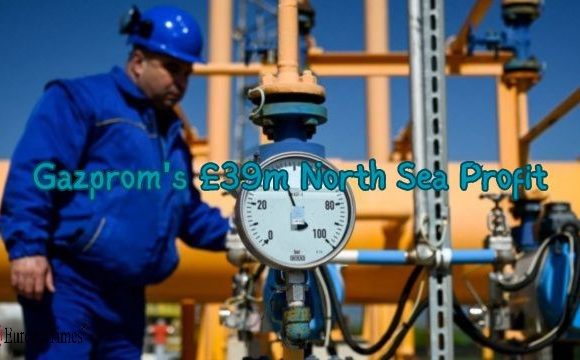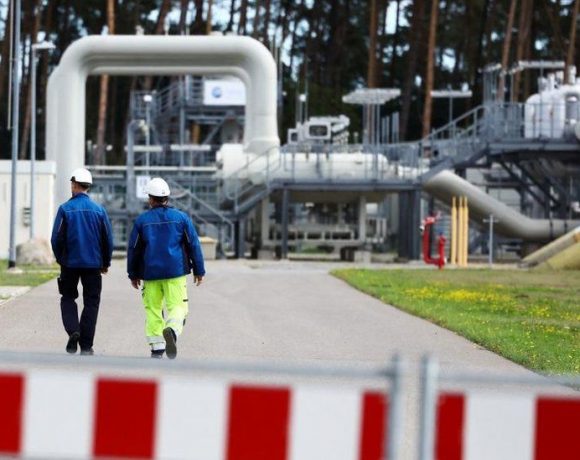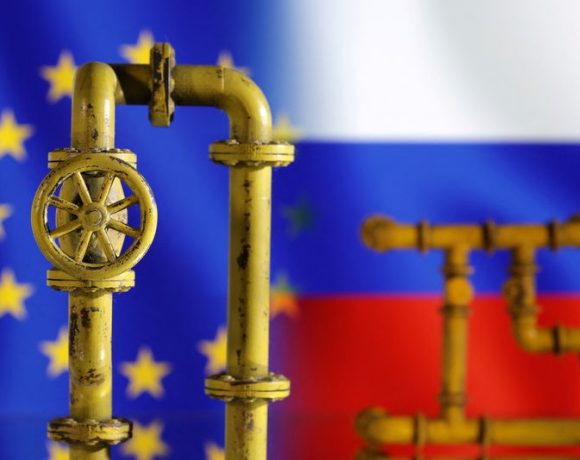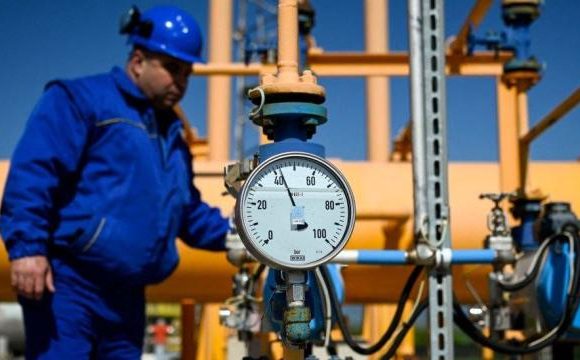
Russian energy giant Gazprom reportedly earned €45 million from its North Sea Sillimanite gas field in the past year, as revealed in financial accounts. The Sillimanite field, situated in UK and Dutch waters, has been operational since 2020 and is a joint venture between Gazprom and German firm Wintershall. While the arrangement is not deemed illegal, criticism has arisen, particularly from UK Liberal Democrat leader Sir Ed Davey, who deems it “totally unacceptable” that gas from UK territory supports “Putin’s illegal war against Ukraine.” The UK government has pledged to escalate economic pressure on Russia, aligning with international sanctions aimed at restricting Russia’s funding for the conflict in Ukraine.
Gazprom International UK, a Gazprom subsidiary, reported a pre-tax profit of €45 million in 2022, with dividends paid to its immediate owner in the Netherlands. Although Gazprom executives, including CEO Alexei Miller, face UK sanctions, Gazprom itself is not directly sanctioned. The company continues to supply reduced gas volumes to continental Europe. Concerns have been raised about Gazprom’s financial activities, given its association with the Russian state, which is accused of financing militias engaged in the Ukraine conflict.
The UK government’s response to Gazprom’s financial activities in the North Sea has been met with criticism. Global Witness, a campaign group, described it as “an indictment of the UK’s approach to Russian oil and gas.” Despite the UK’s condemnation of the war, Gazprom’s subsidiary continues to operate in the North Sea, enriching Putin’s regime. The government spokesperson reiterated the commitment to denying Russia access to goods or technologies aiding its war efforts, vowing to intensify economic pressure until peace is secured in Ukraine.
Gazprom International UK’s financial disclosures reveal a total tax bill of €29 million, distributed between the UK and Dutch governments. This includes windfall taxes imposed in response to the surge in energy prices following the conflict in Ukraine. The company ceased its gas sale agreement with Wintershall, replacing it with a deal with the Swiss-based trading company Gunvor.
Picture Courtesy: Google/images are subject to copyright



